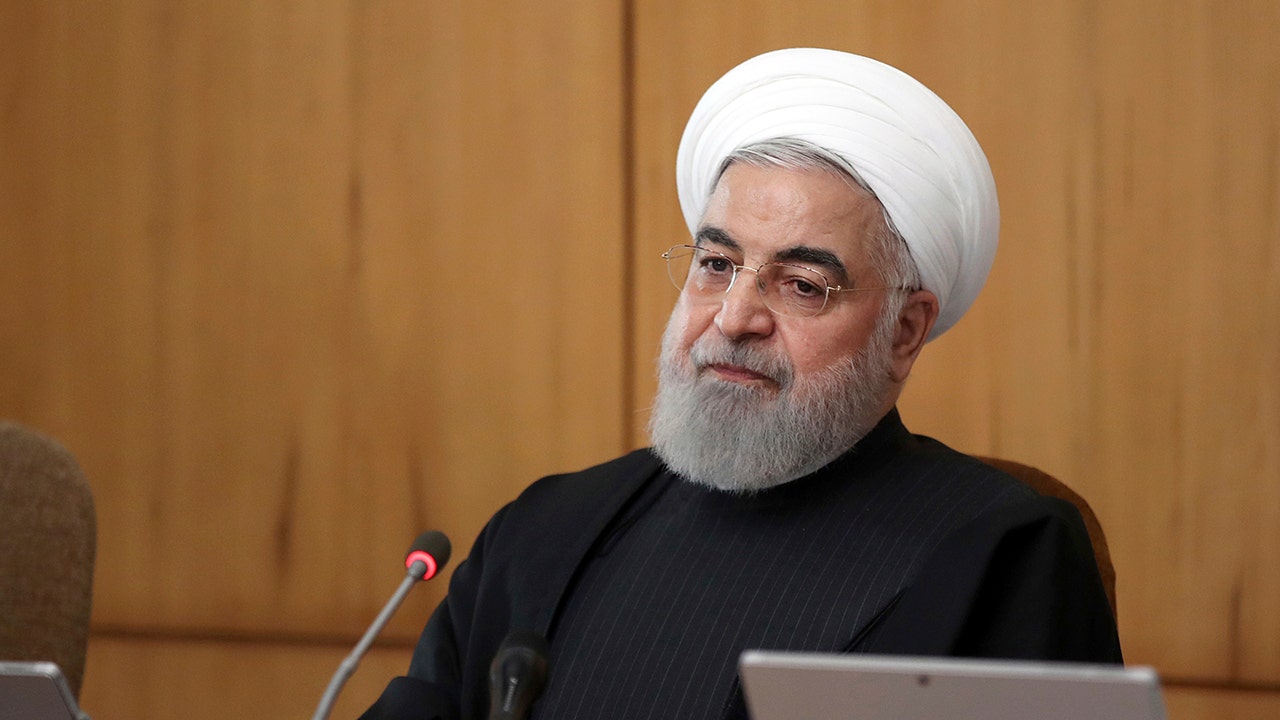A week before Germany, France and Britain formally accused Iran of breaching the 2015 nuclear deal, the Trump administration issued a private threat to the Europeans that shocked officials in all three countries.
If they refused to call out Tehran and initiate an arcane dispute mechanism in the deal, the United States would impose a 25 percent tariff on European automobiles, the Trump officials warned, according to European officials familiar with the conversations.
Within days, the three countries would formally accuse Iran of violating the deal, triggering a recourse provision that could reimpose United Nations sanctions on Iran and unravel the last remaining vestiges of the Obama-era agreement.
The U.S. effort to coerce European foreign policy through tariffs, a move one European official equated to “extortion,” represents a new level of hardball tactics with America’s oldest allies, underscoring the extraordinary tumult in the transatlantic relationship.
President Trump has previously used the threat of a 25 percent tariff on automobiles to win more favorable terms in America’s trade relationship with the Europeans, but not to dictate the continent’s foreign policy.
It remains unclear if the threat was even necessary as Europeans had been signaling their intention to trigger the dispute resolution for weeks. While the U.S. views the mechanism as critical to re-imposing sanctions on Iran in as quickly as 65 days, the Europeans see the measure as a last chance to salvage a deal they view as vital to reducing tensions and limiting Iran’s nuclear program.
“The tariff threat is a mafia-like tactic and it’s not how relations between allies typically work,” said Jeremy Shapiro, the research director at the European Council on Foreign Relations.
When asked about the tariff warning, a senior U.S. official said, “We’ve been very clear that the JCPOA was a horrible deal,” referring to the Iran nuclear deal.
The U.S. official conceded that Europeans were already moving toward triggering the dispute resolution before the threat was issued last week.
“The consensus among the Europeans about the need to hold Tehran accountable took form weeks ago and was driven by Iran’s escalatory behavior and violations of the nuclear deal,” the official said.
European officials complained privately that Trump’s threat only complicated their decision on Tuesday to invoke the mechanism, which starts the clock on 65 days of negotiations with Iran about returning to full compliance with the deal. If the dispute isn’t settled, U.N. sanctions could be reimposed on Iran, including a blanket arms embargo.
Officials in Britain, France and Germany say they had planned to initiate the mechanism, but Trump’s threat nearly caused them to backtrack out of concern that they could be viewed as stooges of Washington if word of the threat ever leaked.
“We didn’t want to look weak, so we agreed to keep the existence of the threat a secret,” a European official said.
U.S. officials conveyed the threat directly to officials in London, Berlin and Paris rather than through their embassies in Washington, said a senior European official, who like others spoke on the condition of anonymity to discuss sensitive negotiations.
Following the U.S. killing of Iran’s top commander, Maj. Gen. Qassem Soleimani, Iran said it was no longer bound by the limitations of the deal but would continue to cooperate with the International Atomic Energy Agency.
In the absence of a deal, Trump administration officials have struggled to explain how they will prevent Iran from getting closer to a nuclear weapon as they expand their enrichment of uranium. Trump, however, has declared that he will not permit that to happen. “IRAN WILL NEVER HAVE A NUCLEAR WEAPON!” he tweeted last week.
Major difficulties in the transatlantic relationship began after Trump withdrew from the Iran nuclear deal in 2018 and reimposed sanctions on Iran that had been lifted in exchange for limitations on its nuclear program. The Europeans remained in the deal, noting that Iran had continued to comply with its side of the agreement according to the International Atomic Energy Agency.
Last year, Iran began taking gradual steps to exceed the limitations of the deal to pressure the Europeans to make good on their promises of sanctions relief. The 2015 agreement limited the number of centrifuges Iran could deploy for uranium enrichment and restricted how much uranium it could stockpile, among other requirements.
In a j
oint statement on Tuesday, Britain, France and Germany initiated the dispute mechanism, saying they did so “in good faith, with the overarching objective of preserving the JCPOA and in the sincere hope of finding a way forward through constructive diplomatic dialogue.”
The nations also distanced themselves from the Trump administration’s “maximum pressure” campaign and said they opposed the U.S. withdrawal from the agreement in 2018. “Our hope is to bring Iran back into full compliance,” they said.
Some supporters of the Iran nuclear deal believe the Europeans made a mistake in triggering the mechanism on Tuesday even if their intention was to preserve the accord.
Ali Vaez, an Iran nuclear expert at the International Crisis Group, said the measure could hurt Europe’s ability to mediate between the United States and Iran and is unlikely to “add much more economic pressure on Iran.”
It might “provoke a crisis that they claim they are trying to prevent unless the time and space created by intense diplomatic engagement is used to provide Iran with some economic reprieve as a means of returning it into JCPOA compliance,” he tweeted.
Following the Europeans’ announcement Tuesday, the State Department praised the triggering of the mechanism saying “we fully support the decision.”
“We agree with our allies that the goal is to stand with the Iranian people while exposing Tehran’s lawless behavior,” a State Department spokesman said.
Shane Harris contributed to this report.
Let's block ads! (Why?)
https://news.google.com/__i/rss/rd/articles/CBMigwJodHRwczovL3d3dy53YXNoaW5ndG9ucG9zdC5jb20vd29ybGQvbmF0aW9uYWwtc2VjdXJpdHkvZGF5cy1iZWZvcmUtZXVyb3BlYW5zLXdhcm5lZC1pcmFuLW9mLW51Y2xlYXItZGVhbC12aW9sYXRpb25zLXRydW1wLXNlY3JldGx5LXRocmVhdGVuZWQtdG8taW1wb3NlLTI1cGVyY2VudC10YXJpZmYtb24tZXVyb3BlYW4tYXV0b3MtaWYtdGhleS1kaWRudC8yMDIwLzAxLzE1LzBhM2VhOGNlLTM3YTktMTFlYS1hMDFkLWI3Y2M4ZWMxYTg1ZF9zdG9yeS5odG1s0gGSAmh0dHBzOi8vd3d3Lndhc2hpbmd0b25wb3N0LmNvbS93b3JsZC9uYXRpb25hbC1zZWN1cml0eS9kYXlzLWJlZm9yZS1ldXJvcGVhbnMtd2FybmVkLWlyYW4tb2YtbnVjbGVhci1kZWFsLXZpb2xhdGlvbnMtdHJ1bXAtc2VjcmV0bHktdGhyZWF0ZW5lZC10by1pbXBvc2UtMjVwZXJjZW50LXRhcmlmZi1vbi1ldXJvcGVhbi1hdXRvcy1pZi10aGV5LWRpZG50LzIwMjAvMDEvMTUvMGEzZWE4Y2UtMzdhOS0xMWVhLWEwMWQtYjdjYzhlYzFhODVkX3N0b3J5Lmh0bWw_b3V0cHV0VHlwZT1hbXA?oc=5
2020-01-15 18:30:00Z
52780553542893



